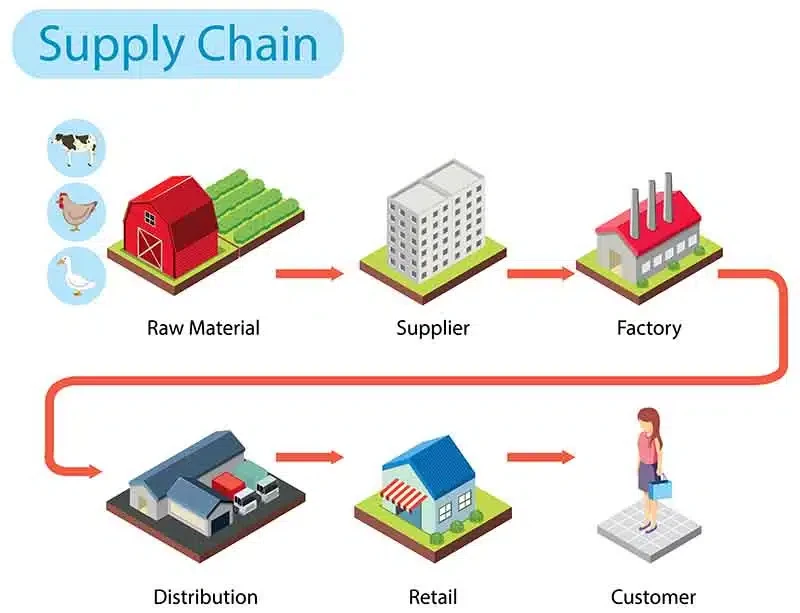Technology has revolutionized the way businesses operate in every industry, and the supply chain sector is no exception. From automation to data analytics, advancements in technology have greatly improved efficiency, transparency, and flexibility in supply chain management. In this article, we will explore how technology is transforming supply chains and reshaping the way companies manage their logistics.
Automation and Robotics
One of the biggest advancements in supply chain technology is the use of automation and robotics. Automated systems not only streamline processes but also reduce human error and labor costs. This includes automated warehouses, conveyor belts, and robotic arms that can perform tasks like picking, packing, and sorting goods with incredible speed and precision. These technologies have significantly increased efficiency and productivity in supply chain operations, allowing companies to fulfill orders faster and more accurately.
Internet of Things (IoT)
The Internet of Things (IoT) has been a game-changer for supply chain management. By connecting devices and sensors to the internet, companies can track the movement of goods in real-time, monitor inventory levels, and identify potential issues before they become problems. IoT technology provides valuable data that enables companies to optimize their supply chain operations, reduce lead times, and improve customer service. With IoT devices, companies can gain better visibility and control over their entire supply chain, from production to delivery.
Big Data and Analytics
Big data and analytics have become essential tools for supply chain management. By analyzing large sets of data, companies can identify trends, patterns, and inefficiencies in their supply chain processes. This information allows them to make data-driven decisions to optimize their operations, reduce costs, and improve customer satisfaction. With the help of data analytics, companies can forecast demand more accurately, identify bottlenecks in their supply chain, and make adjustments in real-time to ensure smooth operations.
Artificial Intelligence (AI)
Artificial Intelligence (AI) is revolutionizing supply chain management by providing companies with predictive insights and automation capabilities. AI algorithms can analyze vast amounts of data to forecast demand, optimize inventory levels, and automate repetitive tasks. Machine learning algorithms can also identify patterns and anomalies in supply chain data, enabling companies to make more informed decisions and respond quickly to changing market conditions. AI technology is helping companies achieve greater efficiency, reduced costs, and improved agility in their supply chain operations.
Blockchain Technology
Blockchain technology is transforming supply chain management by increasing transparency, security, and traceability in the movement of goods. By using blockchain technology, companies can create a secure and immutable record of every transaction in the supply chain, from the sourcing of raw materials to the delivery of the final product. This transparency allows companies to verify the authenticity of products, track their origins, and ensure compliance with regulations. Blockchain technology is revolutionizing supply chain management by creating a more reliable and trustworthy system for businesses and consumers.
The Future of Supply Chain Technology
As technology continues to advance, the future of supply chain management looks promising. With the integration of automation, IoT, big data, AI, and blockchain technology, companies can expect to see even greater efficiency, visibility, and flexibility in their supply chain operations. The ability to predict demand, optimize inventory, and track goods in real-time will enable companies to meet customer expectations and adapt to changing market conditions faster than ever before.
In conclusion, technology has had a profound impact on supply chain management, transforming the way companies operate and manage their logistics. By embracing the latest advancements in technology, companies can streamline their processes, reduce costs, and improve customer satisfaction. As technology continues to evolve, the future of supply chain management looks bright, with endless possibilities for innovation and growth.
